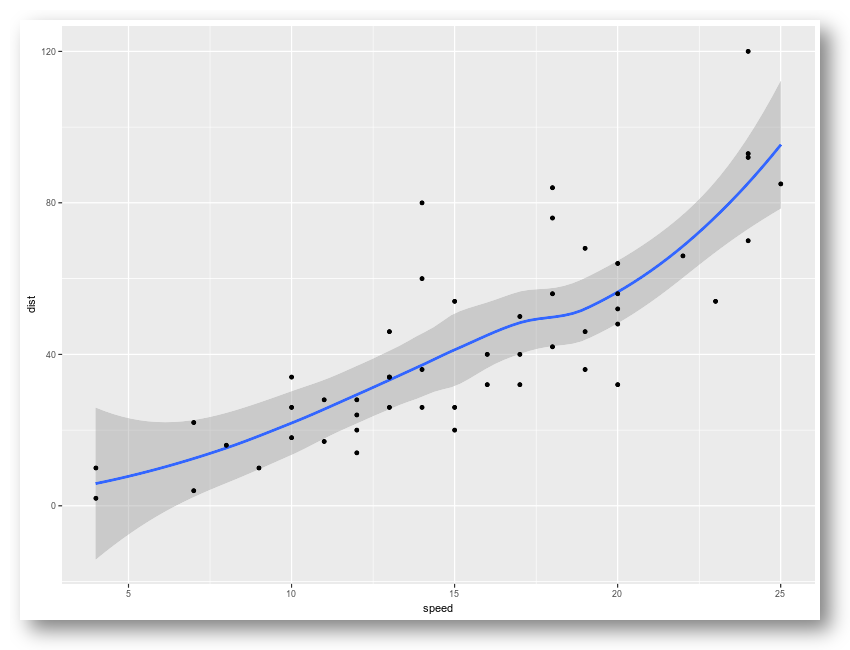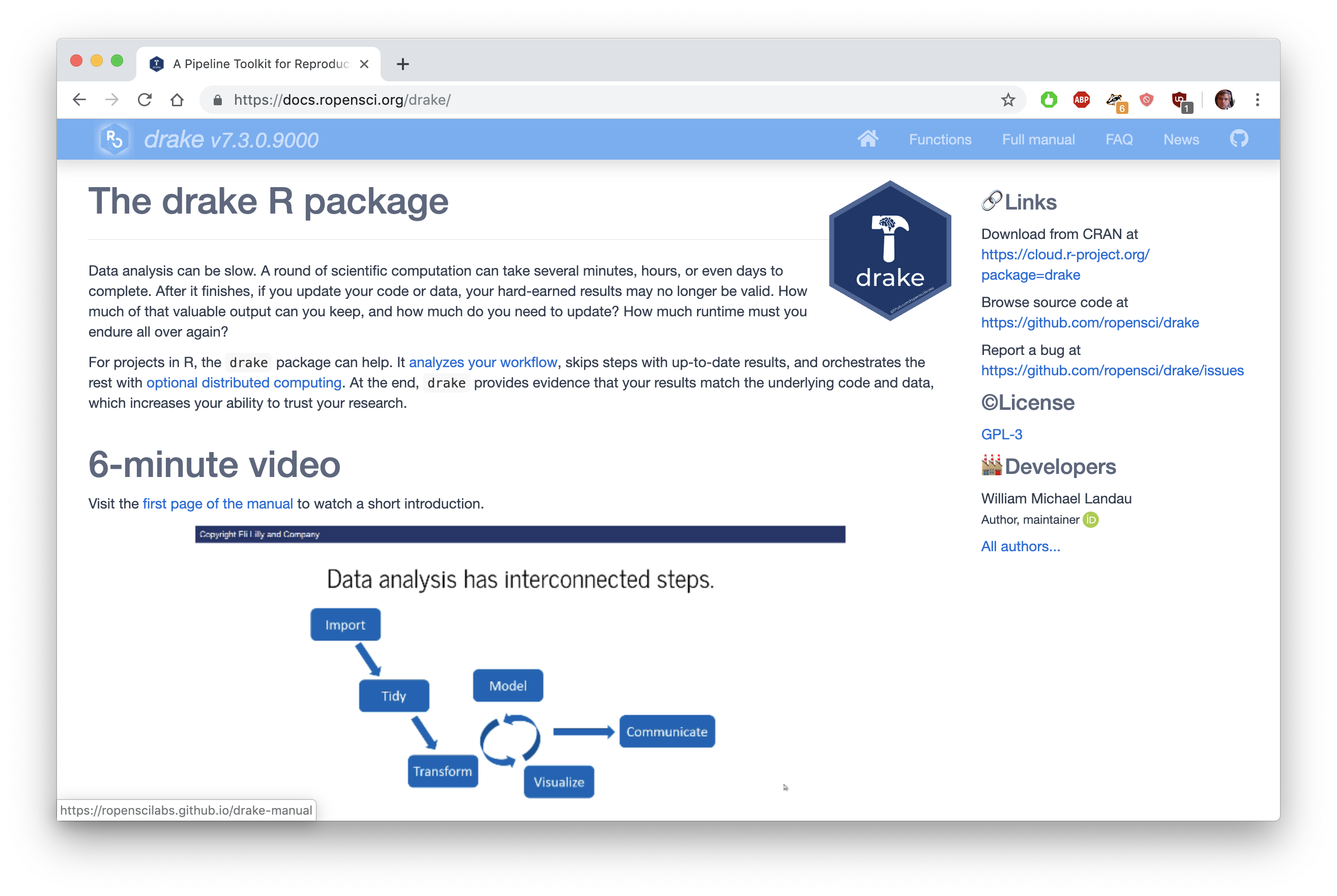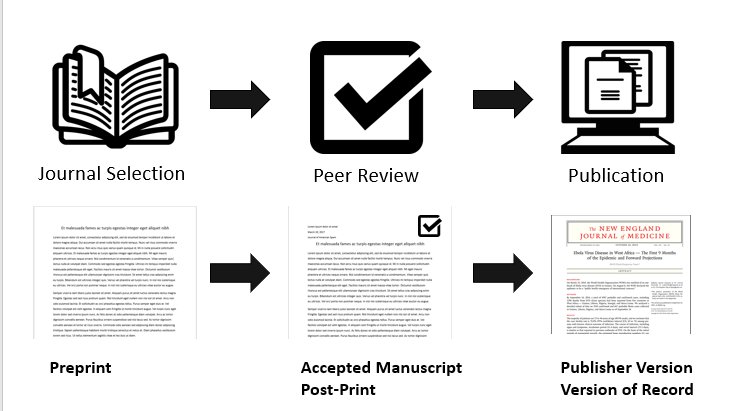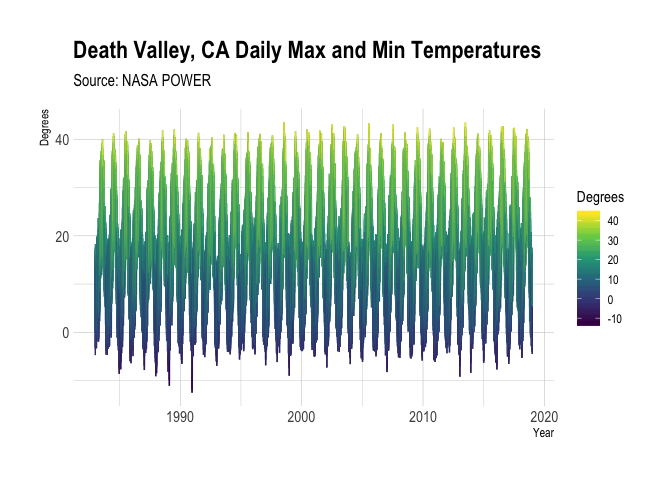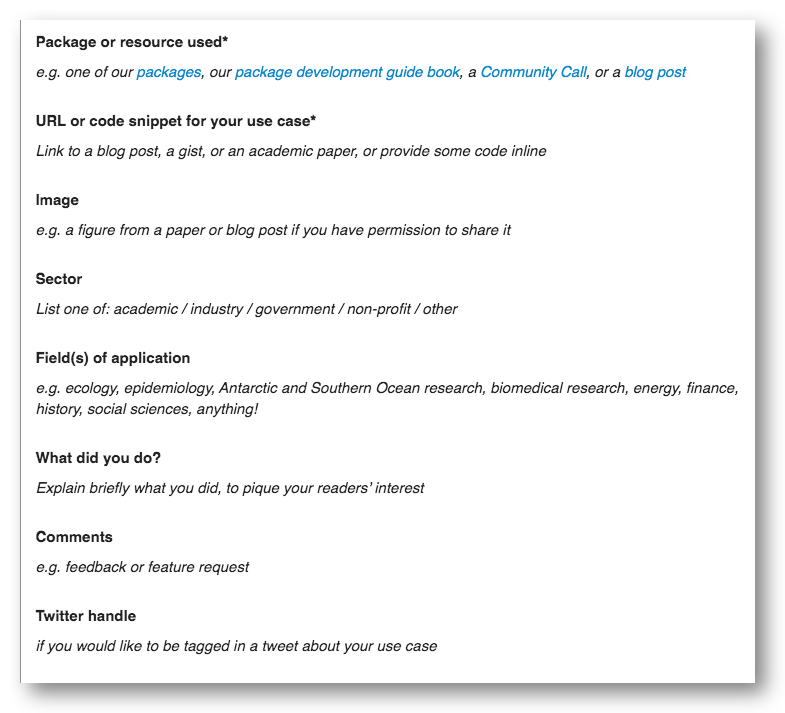
We want to know how you use rOpenSci packages and resources so we can give them, their developers, and your examples more visibility. It’s valuable to both users and developers of a package to see how it has been used “in the wild”. This goes a long way to encouraging people to keep up development knowing there are others who appreciate and build on their work.
